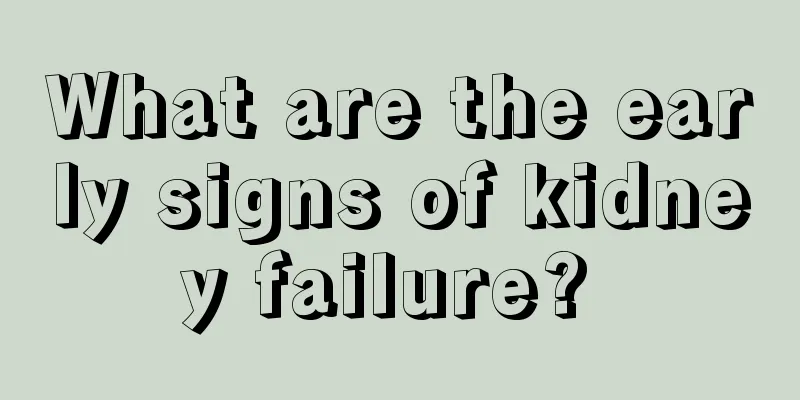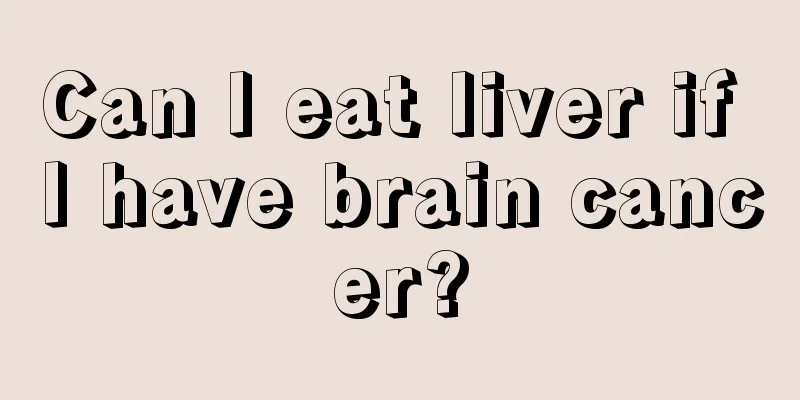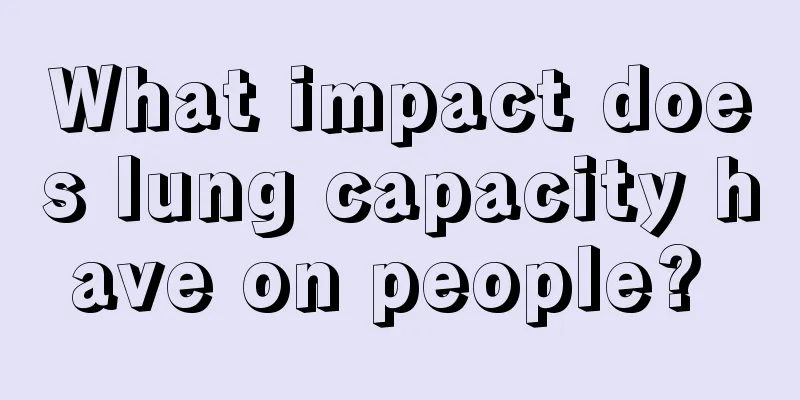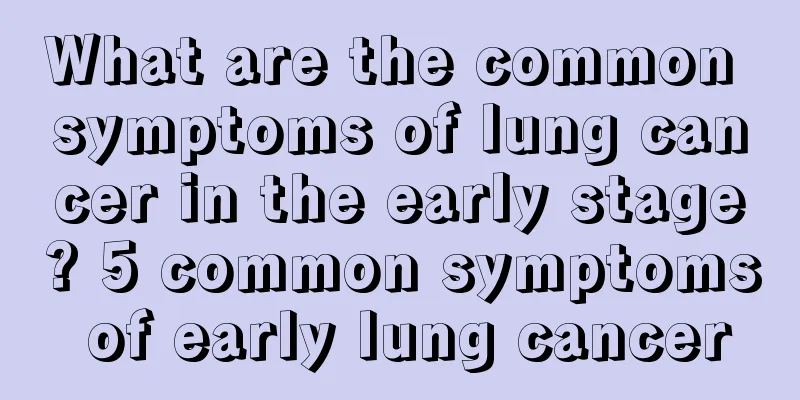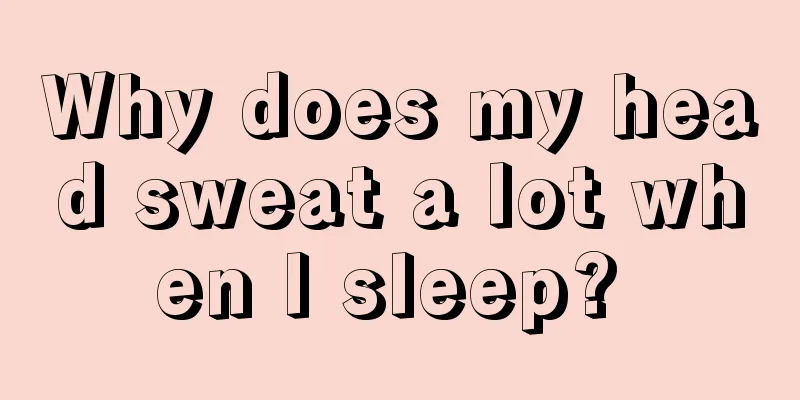How to treat frequent multifocal ventricular premature beats?

|
Frequent multi-source ventricular premature beats are most likely to induce hypertension, cardiomyopathy, and coronary heart disease. People suffering from frequent multisource ventricular premature beats will experience symptoms of ischemia, hypoxia, palpitations, and in severe cases, fainting. When encountering such situations, many people are most likely to be mistaken for overwork, and thus ignore the disease, which aggravates the condition. For the sake of your health, how to treat frequent multi-source ventricular premature beats? Let’s take a look together. 1. For patients without heart disease, premature ventricular contractions do not increase their mortality. No drug treatment is required for asymptomatic isolated premature ventricular contractions, regardless of their morphology and frequency. 2. For ventricular premature beats associated with organic heart disease, the primary disease should be treated. For ventricular premature beats that require emergency treatment, 50-100 mg of lidocaine can be injected intravenously until the premature beats disappear or the total amount reaches 250 mg. After the arrhythmia is corrected, 1-3 mg can be dripped per minute as needed, and oral medication can be used to maintain stability. Lidocaine begins to work within minutes after intravenous injection and lasts for 15 to 20 minutes. Therapeutic doses have little effect on myocardial contractility, blood pressure, and atrioventricular or intraventricular conduction. Side effects include dizziness and drowsiness. Large doses can cause convulsions, respiratory or cardiac depression and may aggravate existing atrioventricular or intraventricular conduction block. Use with caution in patients with liver or kidney dysfunction or severe heart failure. 3. Ventricular premature beats caused by digitalis poisoning. In addition to drug discontinuation, IV phenytoin sodium or IV potassium chloride is often effective. For premature beats caused by hypokalemia, the cause should be actively eliminated and the hypokalemia should be corrected. 4. If ventricular premature beats occur during quinidine syncope or antimony treatment, quinidine or antimony should be discontinued immediately. Oral medications available: ① Slow heart rate. ②β-receptor blockers. ③Digitalis: suitable for ventricular premature beats caused by heart failure rather than digitalis poisoning. ④Procainamide. ⑤Amiodarone, disopyramide, propafenone, anthemine, pheniramine, sirox, ethozone and encaine, etc. 5. β-receptor blockers, phenytoin sodium, quinidine, verapamil, etc. are effective for various premature beats. People with bronchial asthma should not use beta-blockers. Patients with bradycardia and premature beats can be treated with atropine. 6. The incidence of sudden cardiac death is higher in patients with myocardial infarction or cardiomyopathy who suffer from premature ventricular contractions, especially when there is a significant decrease in left ventricular ejection fraction, the risk of sudden cardiac death will be greatly increased. The use of certain antiarrhythmic drugs to treat premature ventricular contractions, sudden death and total cardiovascular mortality after myocardial infarction actually increases significantly. The reason is that these antiarrhythmic drugs themselves have proarrhythmic effects. Therefore, class I drugs should be avoided in the treatment of post-MI ventricular premature beats. Although beta-blockers are not effective in treating premature ventricular contractions, they can reduce the incidence of sudden death after myocardial infarction. Amiodarone is very effective in suppressing premature ventricular contractions, but attention should be paid to the possibility of torsades de pointes. 7. Prevent sudden cardiac death. For patients with organic heart disease accompanied by frequent ventricular premature beats or short bursts of ventricular tachycardia, the goal of treatment is to prevent the occurrence of sudden cardiac death. At this time, the doctor's treatment focus is to prevent sudden death rather than treat ventricular premature beats or paroxysmal ventricular tachycardia itself, because this arrhythmia is not fatal. If you didn’t know how to treat frequent multi-source ventricular premature beats before, I believe that through the introduction of this article, you will have a general understanding of the treatment methods of this disease. Because the causes of frequent atrial premature beats are relatively complex, we must avoid inducing factors in our daily lives, such as drinking coffee, smoking, stressful behaviors, etc. |
<<: Can I still take vitamin E after it expires?
>>: What is the reason for the hard bumps on the testicular skin
Recommend
What is the fastest way to remove acne scars
In fact, many people think that removing acne is ...
What medicine is effective for perianal abscess
Perianal abscess can have a lot of impact on the ...
What blood type will give birth to type O blood
There are generally four blood types, namely A, B...
At what age do children abroad start watching pornography?
At what age do children abroad start watching por...
What causes high insulin levels and how should it be treated?
Patients with high insulin levels have insufficie...
What causes bladder cancer bleeding?
Bladder cancer bleeding is mainly caused by the s...
What are the effects and functions of turmeric powder?
The effects and functions of turmeric powder incl...
How to improve severe hair breakage?
Hair is very important for image, and broken hair...
How does a ruby turn red
When talking about ruby, perhaps everyone will th...
What Chinese medicine should I take for advanced esophageal cancer
Esophageal cancer seriously damages everyone'...
How to remove odor in the car, 10 tips to know in advance
A new car you buy will have some peculiar smells,...
Which kidney cancer patients need radiotherapy?
Only certain types of kidney cancer respond to ra...
What should I do if I sweat a lot while sleeping
Sweating while sleeping still troubles many peopl...
Progress in the treatment of prostate cancer
In fact, there have been great breakthroughs in t...
Nasopharyngeal carcinoma patients should have regular follow-up examinations after radiotherapy
At present, comprehensive treatment with radiothe...
